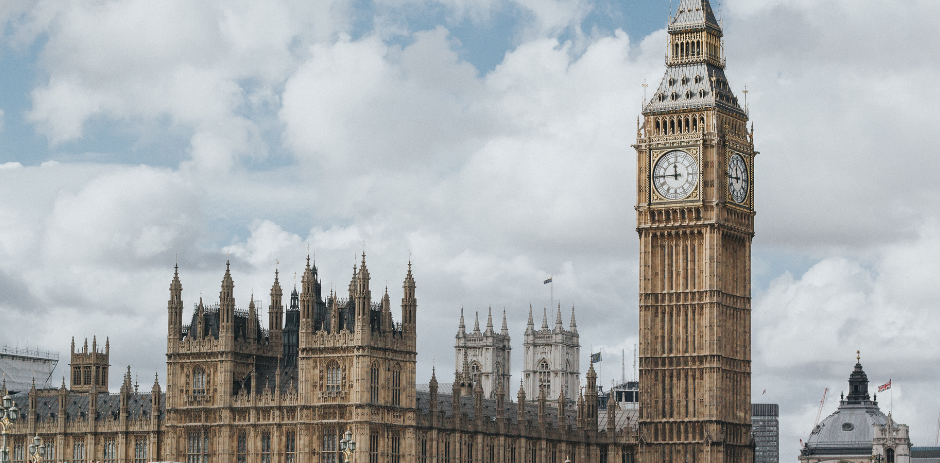By Laura Burgess, Senior Policy & Research Advisor at Greater Manchester Poverty Action (GMPA)
Ahead of party conference season in September, GMPA wrote an open letter to the Prime Minister asking for the government to enact the socio-economic duty.
We were delighted that over 100 individuals and organisations from within our Greater Manchester network co-signed the letter, sending a clear message to the government that eradicating poverty is a priority for our city region.
The socio-economic duty is contained within Section 1 of the Equality Act 2010 but has not been enacted into law by successive governments since then. If enacted, the duty would legally require public bodies to consider the way their decisions increase or decrease inequalities that arise from socio-economic disadvantage.
At GMPA we believe the socio-economic duty is an important tool for driving down poverty and minimising the inequality of outcome associated with it. If brought into law, the socio-economic duty would provide a strong foundation for a fairer and more equal society. England is trailing other nations across the UK when it comes to recognising socio-economic disadvantage in equality law; Scotland introduced the Fairer Scotland Duty in 2018 and Wales followed in 2021 by enshrining the socio-economic duty within its More Equal Wales agenda.
It is disappointing, then, that the government’s response to our open letter was unequivocal in its dismissal of any potential progress on the socio-economic duty, with Stuart Andrew MP, Minister for Equalities, telling us:
There are no current plans to commence the socio-economic duty in England.
The government have repeatedly missed opportunities to prioritise the needs of people experiencing poverty and this position further illustrates the need for robust anti-poverty efforts at all levels of government, starting from the top.
While the socio-economic duty isn’t enshrined in law, councils and other public bodies can voluntarily adopt the duty, and research by GMPA shows that around one in seven councils in England have done so. GMPA have also produced publications on how organisations can adopt the duty and case studies demonstrating the benefits of adoption, which are useful resources for anyone considering adoption of the duty and how to implement it effectively.
There are pockets of progress across Greater Manchester. Bolton, Rochdale, Salford, Tameside councils, as well as Transport for Greater Manchester (TfGM), have adopted the duty. However, there is more that can be done from within our city region on prioritising socio-economic disadvantage. Greater Manchester Combined Authority has an opportunity to send a clear message of leadership and standard bearing on tackling the scourge of poverty by adopting the duty but, to date, has chosen not to. And although many of our councils have made progress on specific anti-poverty work, more of them need to adopt the socio-economic duty as a means of building on this and ensuring the needs of low-income residents are prioritised.
GMPA continues to campaign for socio-economic duty enactment by central government as well as encouraging voluntary take-up among the public sector. We are a member of the 1forEquality campaign group, a coalition of organisations united under the aim of commencing the duty in England.
The future of the duty remains unclear. We are around a year away from a general election and although the Conservative Party have not committed to movement on the socio-economic duty, the Labour Party did state that it would enact the duty if the party were voted into government after the next election. GMPA, along with the wider 1forEquality campaign are working to seek assurances that this would be a meaningful adoption that affects real change.
GMPA offers consultancy work for organisations who are interested in voluntarily adopting the socio-economic duty, which would be useful for public sector bodies wishing to “get ahead” of any change in statute following a general election, but also because prioritising people experiencing socio-economic disadvantage is simply the right thing for organisations to do.
For more information about our work on the duty, please get in touch with Laura.
This article is featured in our 13 December newsletter. To get more articles like this delivered straight to your inbox, sign up to our mailing list.






